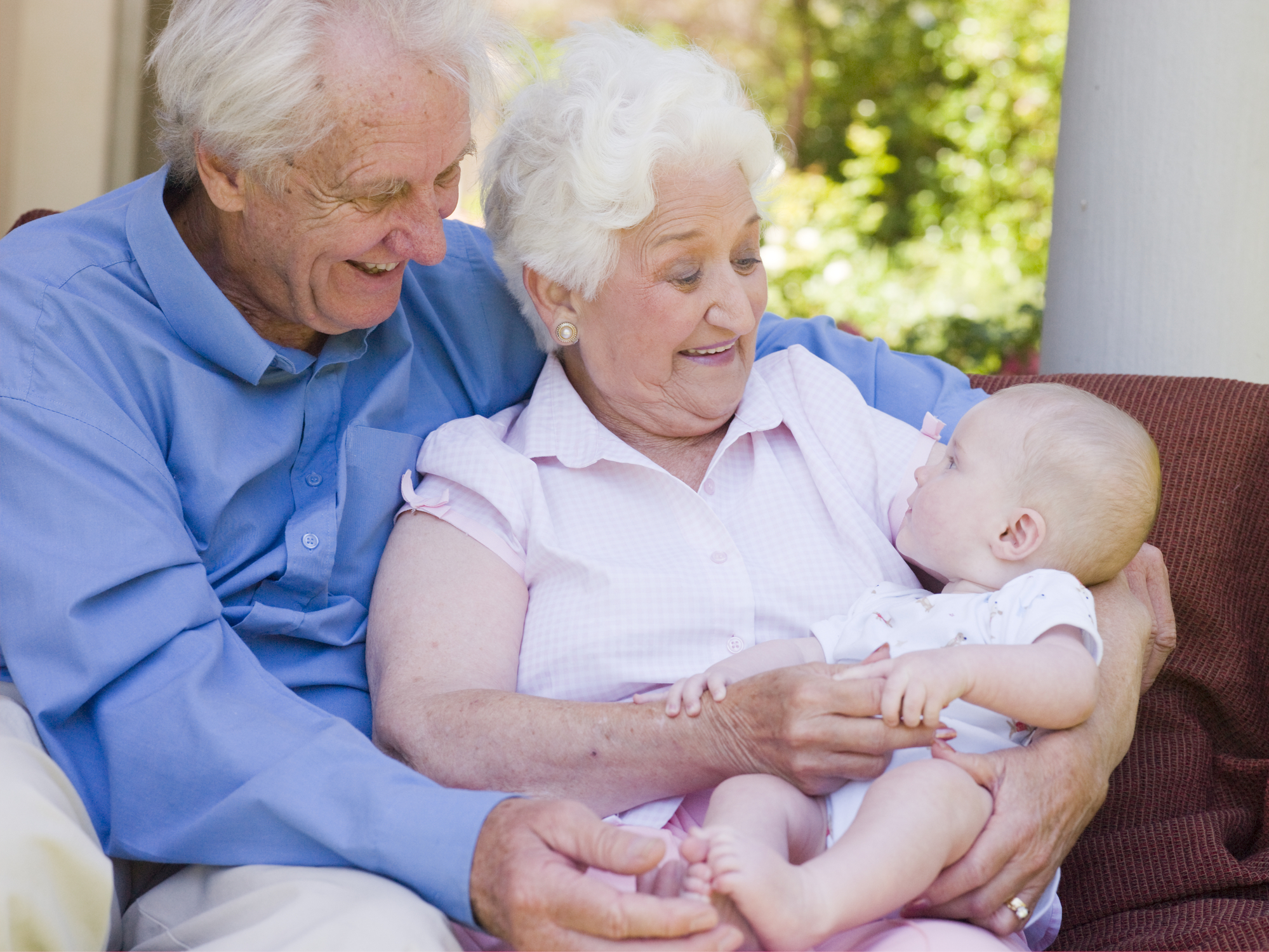The Surprise Factor

Have you ever received an unexpected gift or kind gesture from someone?
Remember how it delights you and warms your heart towards that person? Sometimes, it can turn a thoroughly rotten day into a great one. We expect kind gestures to have a positive effect, but is it only about the kindness, or could there be something else involved?
A new study* using MRI to scan the brain activity has shown that our ‘pleasure centres’ are activated when we experience an unpredictable pleasant stimulus. Conducted at Emory University and Baylor College of Medicine, scientists monitored 25 participants as they received a series of pleasurable stimuli – in this case, a computer timed squirt of either water or fruit juice through a tube in the mouth.
The resulting scans showed that the brain areas activated when the participants received squirts of juice or water in unpredictable patterns were the very same areas activated when people experience rewarding stimuli or take addictive drugs such as heroin.
What is particularly interesting is that whether the participant preferred juice or water did not impact the result – it was the unpredictability of either substance that was registered by the brain as pleasurable. In other words, the brain finds unexpected pleasurable stimuli more rewarding than expected ones, even when that stimuli is not their preferred choice.
This ‘surprise’ factor works because, despite our craving for security and safety, we are naturally curious creatures. Unbroken regularity becomes neurologically monotonous whereas something new, a stimulus, injects novelty into our life and that awakens dormant emotions and thoughts. Our natural curiosity draws us into the novel experience. The moment it becomes threatening or painful, we seek to retreat to the comfort of our safety zone. It’s like a hermit crab cautiously venturing out into the world. At the first sign of danger it snaps back home and awaits a new opportunity.
There is a relationship insight in all this. We desire the security and comfort of reliable, predictable gestures of care from our spouse. And yet we also crave and thrive on regular doses of novelty, which stimulates many of the same brain areas involved when we first fell in love.
There are so many ways that we can show our love through little surprises: an unanticipated love note or text message, a small gift, a back rub, an unexpected cup of tea or coffee, a mended sock, a flower plucked from the garden – all are wonderful ways to unexpectedly say “you are loved!”
The trick is not only to make these gestures, but to do them when they are least expected. Avoid your gestures of love becoming too routine and predictable – mix it up a bit to capture that surprise factor and you’ll keep your relationship fresh and alive.
Reference: http://www.jneurosci.org/content/21/8/2793.full


